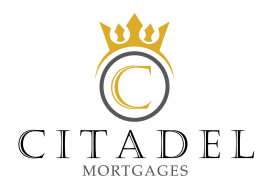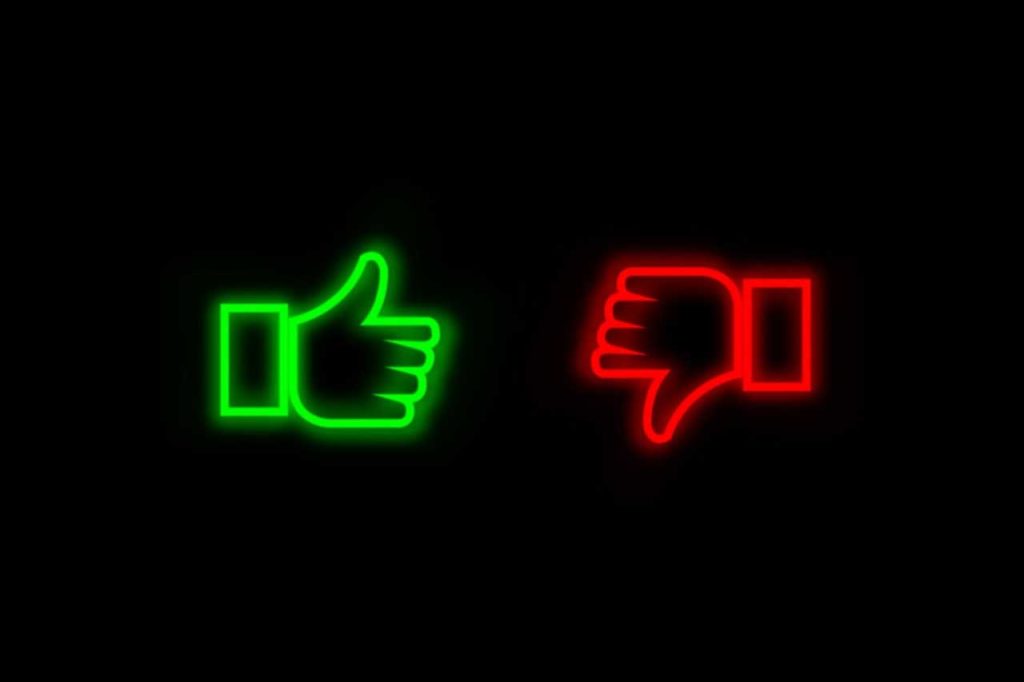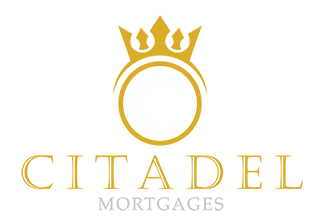When it comes to navigating the financial pathways associated with homeownership, two primary routes often surface: Home Equity Lines of Credit (HELOC) and Mortgages. While both these options are tied to your home, they offer distinct features and benefits that potential borrowers must understand. In this comprehensive guide, we delve deep into the world of HELOCs and mortgages, helping you determine the best option for your unique situation. Let’s explore.
Decoding a Home Equity Line of Credit (HELOC)
A HELOC is a revolving line of credit that enables homeowners to borrow against the equity accumulated in their homes. The concept of ‘equity’ refers to the difference between the market value of your home and the outstanding balance on your mortgage. In Canada, you can borrow up to 65% of your home’s value through a HELOC.
It’s essential to note that the functioning of a HELOC is akin to that of a credit card. Borrowers have a pre-approved limit, and they can borrow as and when they need to, repaying the outstanding balance over time.
HELOC Interest Rates and Their Implications
One of the defining characteristics of a HELOC is its variable interest rate, usually comprising the bank’s prime rate plus an additional margin ranging from 0.5% to 2%. This implies that if the prime rate increases, so does the interest rate on your HELOC. However, you only pay interest on the HELOC funds you actually utilize.
Also, similar to a credit card, a HELOC is considered revolving credit. This means you can continue to borrow from it over time, as long as you stay within your credit limit and keep up with your minimum repayments.
Unraveling the Intricacies of a Mortgage
A mortgage, on the other hand, is a loan specifically designed for the purchase, construction, or refinancing of real estate. Unlike a HELOC, where the funds can be used as the borrower sees fit, mortgages typically cover a substantial portion of a property’s price tag.
Mortgage interest rates can be variable like a HELOC, but borrowers also have the option to choose a fixed mortgage, where the rate remains unchanged for a set term.
HELOC vs. Mortgage: Making an Informed Decision
When comparing HELOC vs. mortgage, it’s crucial to ascertain which financial product aligns best with your needs. Here are some factors to consider:
Your Financial Goals: If you’re aiming to purchase a new home, a mortgage is likely your best bet, provided you don’t already own a home or have substantial savings. However, if you’re looking to tap into your home equity to finance a significant renovation or consolidate high-interest debt, a HELOC could be the preferred choice.
Your Financial Discipline: A HELOC can lead to significant debt if not managed responsibly, given its easy-to-access cash and flexible repayment terms. It’s worth noting that the Financial Consumer Agency of Canada states that “HELOCs are the largest contributor to non-mortgage consumer debt.” If overspending is a potential risk, other financing options, such as a bank loan or line of credit, may be more suitable.
The Financial Forecast: Variable rate loan products like HELOCs are susceptible to interest rate fluctuations. This means that the cost of borrowing via a HELOC can increase over time. If you’re not willing to take this risk, a mortgage or other fixed-rate loan product offering consistent payments over a defined repayment term may be a better fit.
Weighing the Pros and Cons: HELOC vs. Mortgage
To further guide your decision-making process, let’s examine the pros and cons associated with both HELOCs and mortgages.
Advantages of a HELOC
- Interest is only payable on the amount you withdraw.
- Borrowers can choose how much to borrow and can pay off the entire balance as per their convenience.
- There are no prepayment penalties.
Disadvantages of a HELOC
- There is a potential risk of debt accumulation and overspending.
- Interest rates are subject to change.
Advantages of a Mortgage
- Borrowers have the choice of a fixed or variable interest rate.
- Mortgages come with a predictable payment schedule.
- If you opt for a fixed-rate mortgage, your payment amounts will be consistent.
Disadvantages of a Mortgage
- Borrowers are locked into a mortgage contract.
- The payment schedule lacks flexibility.
- Early repayment could incur penalties.
Alternatives to a Mortgage: Second Mortgage and Reverse Mortgage
Even within the realm of borrowing against home equity, there are alternatives to consider. A second mortgage, which includes a home equity loan, is one such option. A second mortgage allows you to borrow on top of an existing mortgage, potentially up to 80% of your home’s value. However, second mortgages often attract higher interest rates than first mortgages or HELOCs.
A reverse mortgage is another alternative, available to homeowners over the age of 55. This allows you to extract up to 55% of your primary home’s value, with the repayment due when you sell the property, or repaid by your estate upon your demise.
Monthly Payments, Credit Scores, and More: Answering Your HELOC Queries
Now, let’s address some common queries associated with HELOCs:
What is the monthly payment on a $50000 HELOC?
The monthly payment on a $50000 HELOC depends on the interest rate and your repayment plan. If you’re only covering the interest, the payment will be lower than if you’re repaying both the principal and interest.
Does getting a HELOC hurt your credit score?
Applying for a HELOC could temporarily lower your credit score due to the hard inquiry made by lenders. However, responsibly managing your HELOC and making timely payments can help improve your credit score over time.
Is it a good idea to get a HELOC?
Obtaining a HELOC can be advantageous if you have significant home equity and need funds for home improvements, debt consolidation, or other large expenses. However, it’s essential to have a plan for repayment to avoid potential financial pitfalls.
Is HELOC rate higher than mortgage rate?
HELOC rates can be higher than some mortgage rates, especially those of fixed-rate mortgages. However, because HELOCs are secured against your home, they typically have lower rates than unsecured forms of credit like credit cards or personal loans.
Is a HELOC better than a traditional mortgage?
Whether a HELOC is better than a mortgage depends on your personal circumstances, financial goals, and risk tolerance. A mortgage might be ideal for buying a home, while a HELOC could be suitable for accessing cash for renovations or debt repayment.
Concluding Thoughts: HELOC vs. Mortgage
The choice between a HELOC and a mortgage boil down to your personal financial needs, goals, and risk tolerance. A HELOC provides flexibility and easy access to funds, making it ideal for homeowners looking to tap into their home equity without a fixed repayment schedule. On the other hand, a mortgage provides a structured repayment plan, making it a better choice for those looking to buy a home or who prefer predictability in their repayments.
Acquiring expert advice from a mortgage professional can help align your financial instrument with your financial strategy, ensuring you make the most of your borrowing options. At Citadel Mortgages, we offer comprehensive guidance tailored to your unique financial situation. Reach out to us today to explore your options and make informed financial decisions.
Citations

Unexpected costs when buying a home in Canada
When buying a home in Canada, there are several unexpected costs that buyers should be aware of to avoid financial surprises. Some of the key

Considering An Early Mortgage Renewal
Why consider renewing your mortgage ahead of time? Well, one big reason is changes in interest rates. If rates drop, jumping on an early renewal

How to get a HELOC on an Investment Property in Canada
To get a Home Equity Line of Credit (HELOC) on an investment property, you need to follow these steps: 1. Know Your Finances: Estimate the

Expert Advice: Buying a House in Cash in Canada
In exploring the possibility of buying a house in cash in Canada, it’s essential to understand the various aspects that come into play. Here’s a

Average Down Payment for a House in Canada
According to the Canadian Real Estate Association, the average house price in Canada hit around $637,673 in August 2022. This means if you’re looking to

Assumable Mortgages: An In-Depth Look
Assumable mortgages are a unique financing alternative that could potentially save you thousands of dollars and simplify the home-buying process. But what exactly are they





